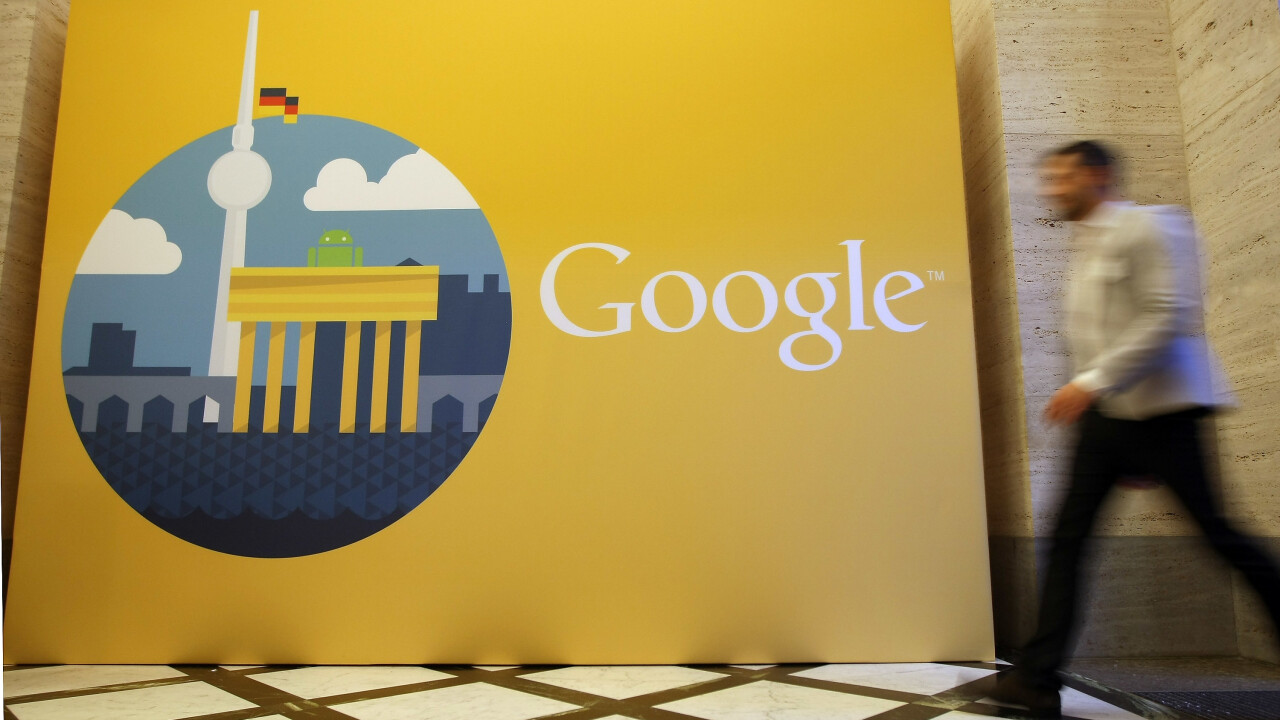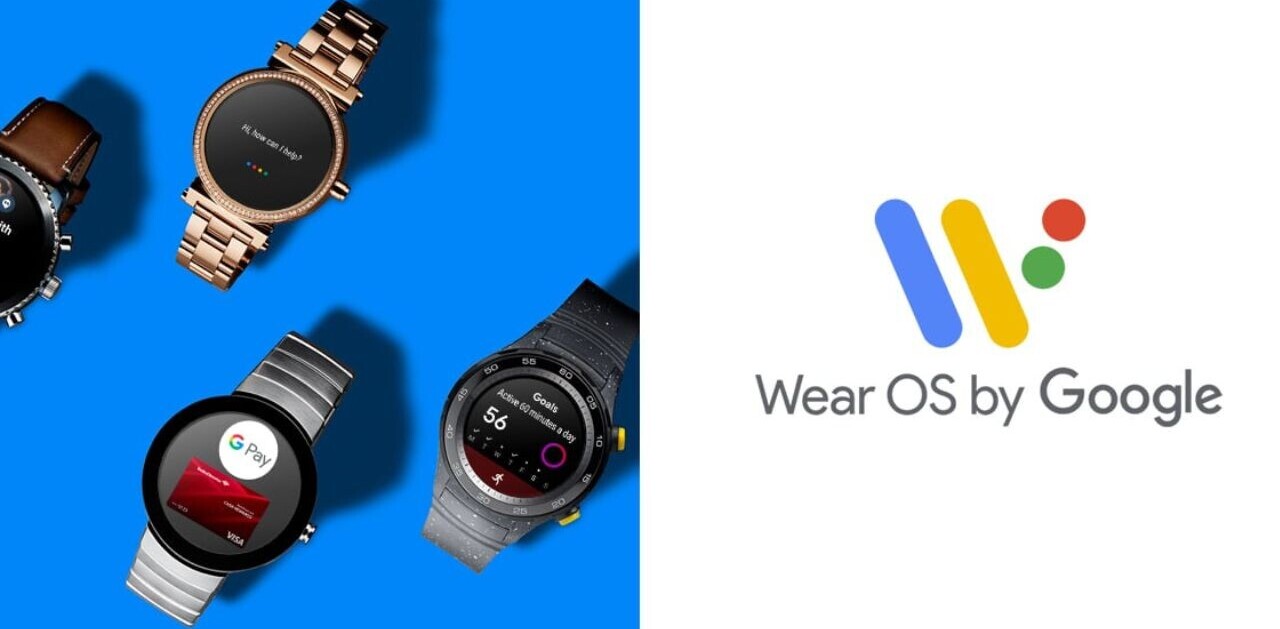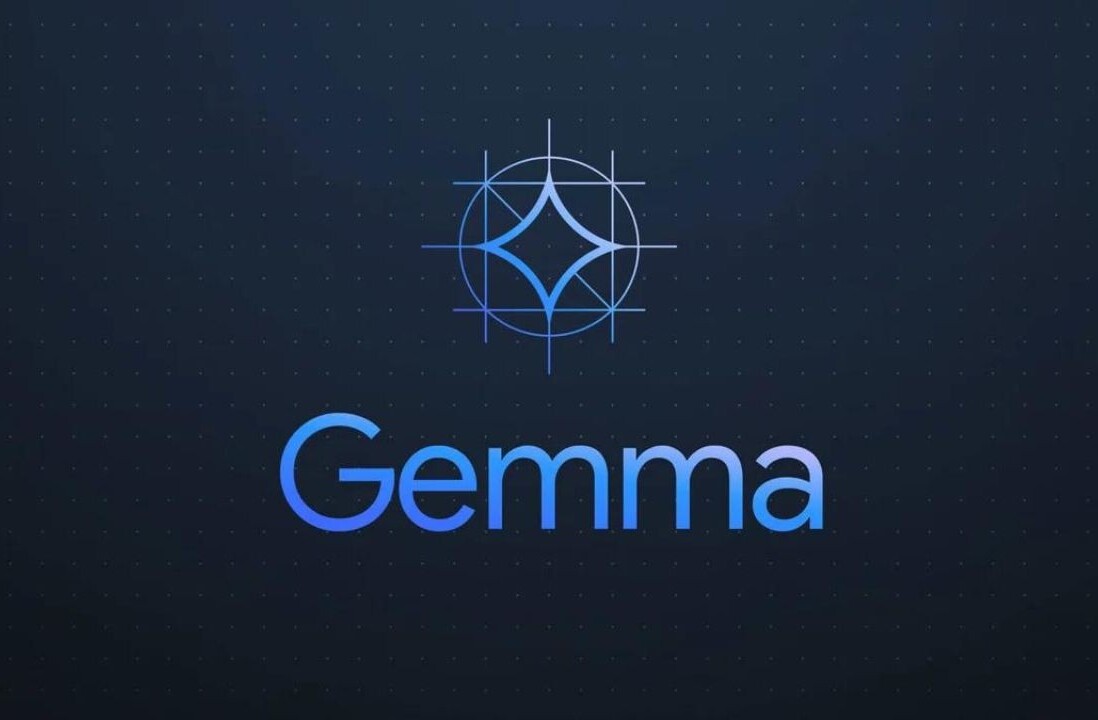
The European Commission is asking for feedback on new proposals set out today by Google to address growing concerns that it is abusing its market leader position in Web search.
The central issue revolves around how the company links to its own specialized search products, such as Google Shopping, to promote brand awareness and the total number of active users across these services.
The Commission said Google does this too prominently at the moment and is also less likely to show products and services offered by rival search companies, such as Bing and Yahoo.
The result is a continuation of its Web search dominance, which, while not entirely unfair, could be stifling innovation and the ability for new entrants to offer a superior product in the European Union.
The Commission has also suggested that users are unaware of the way that Google promotes its other services in its search results. There’s also ongoing concerns that services provided by rival companies are less visible or deemed less relevant in users’ search results.
The proposals
Google has proposed that it labels promoted links to its own specialized search results over the next five years. These will be set out clearly through an obvious graphical touch, such as a frame or dedicated area of the Webpage.
In addition, Google is offering to display links from three rival search services in a place close to its own services. That’s arguably more valuable to companies such as Bing and Yahoo, which rely on referrals to convert new or existing users.
The Commission has also highlighted problems with the way that Google used content from competing search engines without their prior consent.
“The Commission is concerned that the practice of using third-party content to promote Google’s own services may reduce competitors’ incentives to invest in the creation of original content for the benefit of internet users,” a memo published by the Commission today reads.
“Indeed, if users know that Google’s specialised search services contain all the relevant information that is posted on the web, their incentives to visit other sites which contain only a part of that information will be significantly reduced, even if these were the sites from which that information originates.”
Google’s peace offering here is a little more subdued. Over a similar five-year period, the technology giant said it will offer all websites the option to opt-out from having the content used in any of Google’s search products.
Newspaper publishers would also be offered a new way of controlling on an individual basis which webpages will display additional content in Google News.
What happens next
The Commission has revealed that it will be testing these proposals with Google over a one month period. Members of the public are encouraged to comment on the commitments and the extent to why they resolve the aforementioned concerns during this time.
“If following the market test, the commitments form the basis for a satisfactory solution to the Commission’s competition concerns, the Commission may make them legally binding on Google,” the Commission added. “Such a decision does not conclude that there is an infringement of EU antitrust rules, but would legally bind Google to respect the commitments offered.”
Image Credit: Adam Berry/Getty Images
Get the TNW newsletter
Get the most important tech news in your inbox each week.




